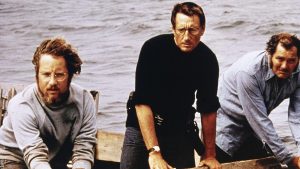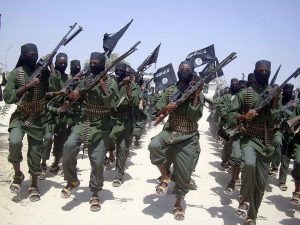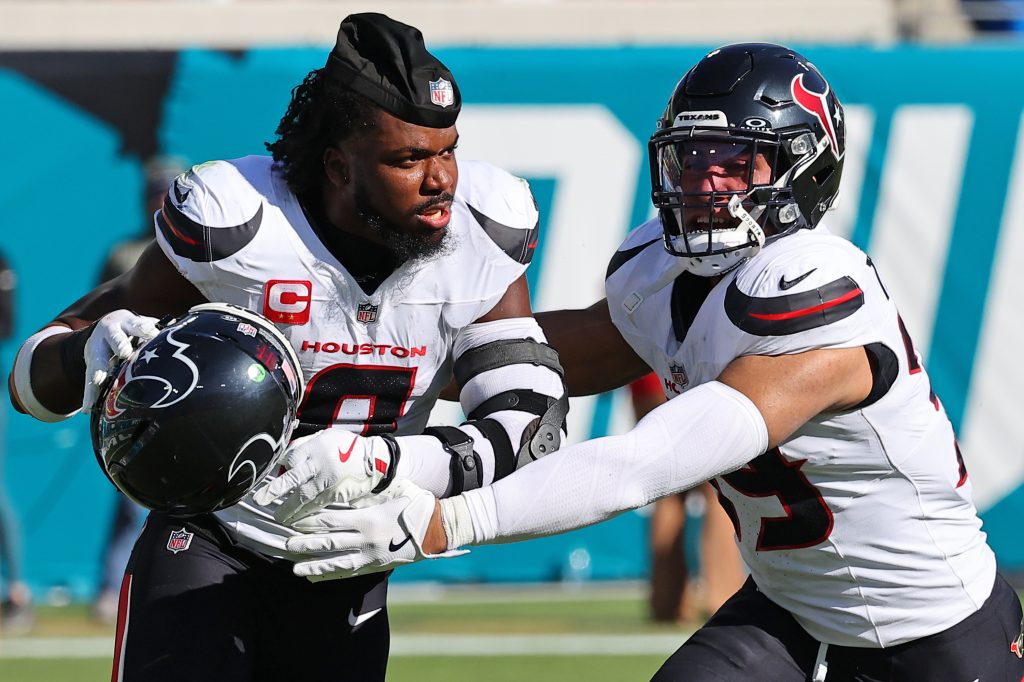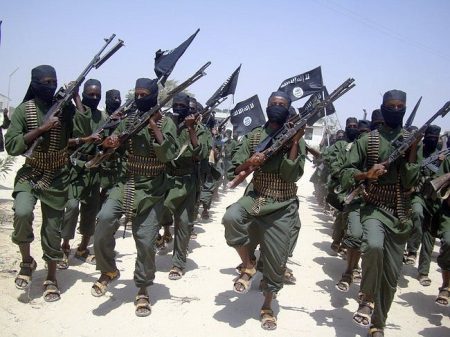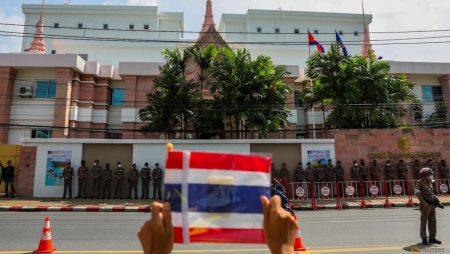Azeez Al-Shaair, the Houston Texans linebacker, has finally broken his silence following a three-game suspension stemming from a controversial hit on Jacksonville Jaguars quarterback Trevor Lawrence. The incident, which occurred during a game, resulted in Lawrence being placed on injured reserve, effectively ending his season, and sparked widespread debate across the NFL concerning player safety and the application of disciplinary measures. Al-Shaair’s suspension, handed down by the league, added fuel to the already heated discussions surrounding the play.
The play in question unfolded during a regular-season game between the Texans and the Jaguars. As Lawrence scrambled out of the pocket, Al-Shaair, pursuing the play aggressively, delivered a hit that many considered excessive and unnecessary. The impact of the collision sent Lawrence to the ground, where he remained for several moments before being helped off the field. The immediate aftermath saw a flurry of reactions from players, coaches, and commentators, with opinions divided on whether the hit warranted disciplinary action. Some argued that Al-Shaair was simply playing with intensity and that the unfortunate outcome was an inherent risk of the game. Others, however, condemned the hit as reckless and dangerous, calling for the league to impose sanctions.
The NFL, after reviewing the play, decided to suspend Al-Shaair for three games, a decision that further polarized the football community. Supporters of Al-Shaair pointed to the fast-paced nature of the game and the difficulty of making split-second decisions in high-pressure situations. They argued that the suspension was unduly harsh and set a dangerous precedent for future incidents. Critics, on the other hand, applauded the league’s decision, viewing it as a necessary step towards protecting quarterbacks and promoting player safety. The debate highlighted the ongoing struggle to balance the inherent physicality of football with the need to safeguard players from potentially career-ending injuries.
Following the conclusion of his suspension, Al-Shaair took to social media to address the situation and share his perspective. In a post on X (formerly Twitter), he revealed that he had met with NFL Commissioner Roger Goodell, Executive Vice President of Football Operations Troy Vincent, and Vice President of Football Operations Jon Runyan to discuss the incident and its repercussions. Al-Shaair described the meeting as “productive,” expressing optimism about moving forward and continuing his career with renewed focus on playing the game responsibly. He also emphasized his desire to clear his name and protect his reputation, stating that he felt his character and integrity had been unfairly questioned.
Al-Shaair’s statement, while offering some insight into his perspective, refrained from delving into the specifics of the meeting or the arguments presented. He chose to focus on the positive aspects of the discussion, highlighting the potential for a more constructive dialogue between players and the league regarding player safety and disciplinary measures. The absence of specific details left room for speculation and further debate among fans and analysts, with many eager to understand the reasoning behind the suspension and the league’s future approach to similar situations.
The incident involving Al-Shaair and Lawrence serves as a microcosm of the broader challenges facing the NFL in its ongoing efforts to balance the inherent physicality of the game with the paramount importance of player safety. As the league continues to grapple with these complex issues, incidents like this will undoubtedly continue to spark debate and necessitate further examination of the rules and regulations governing player conduct on the field. Al-Shaair’s suspension and subsequent statement represent just one chapter in the ongoing evolution of the NFL’s approach to player safety and the delicate balance between competition and protecting the well-being of its athletes.

